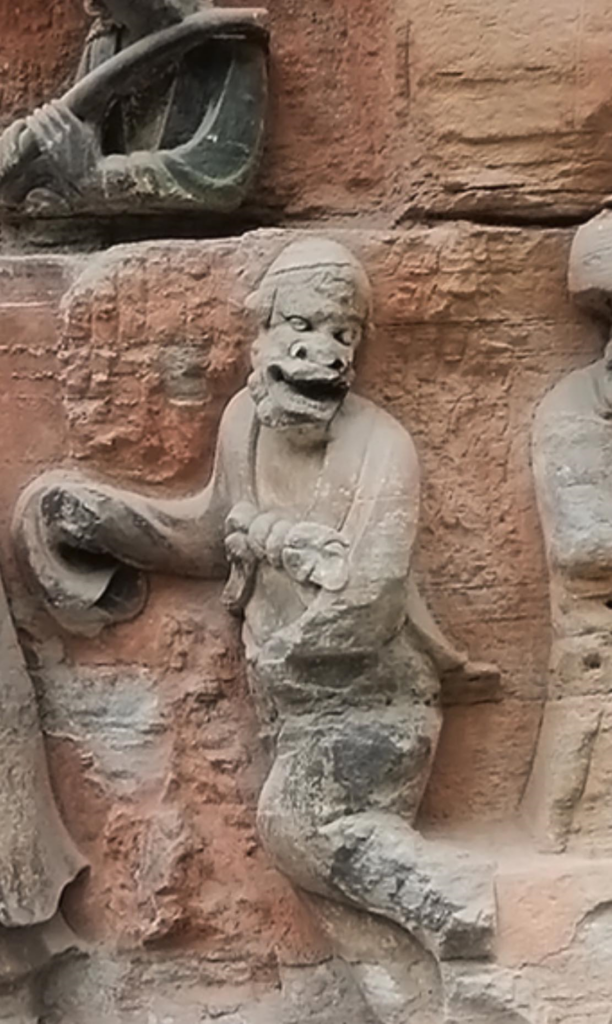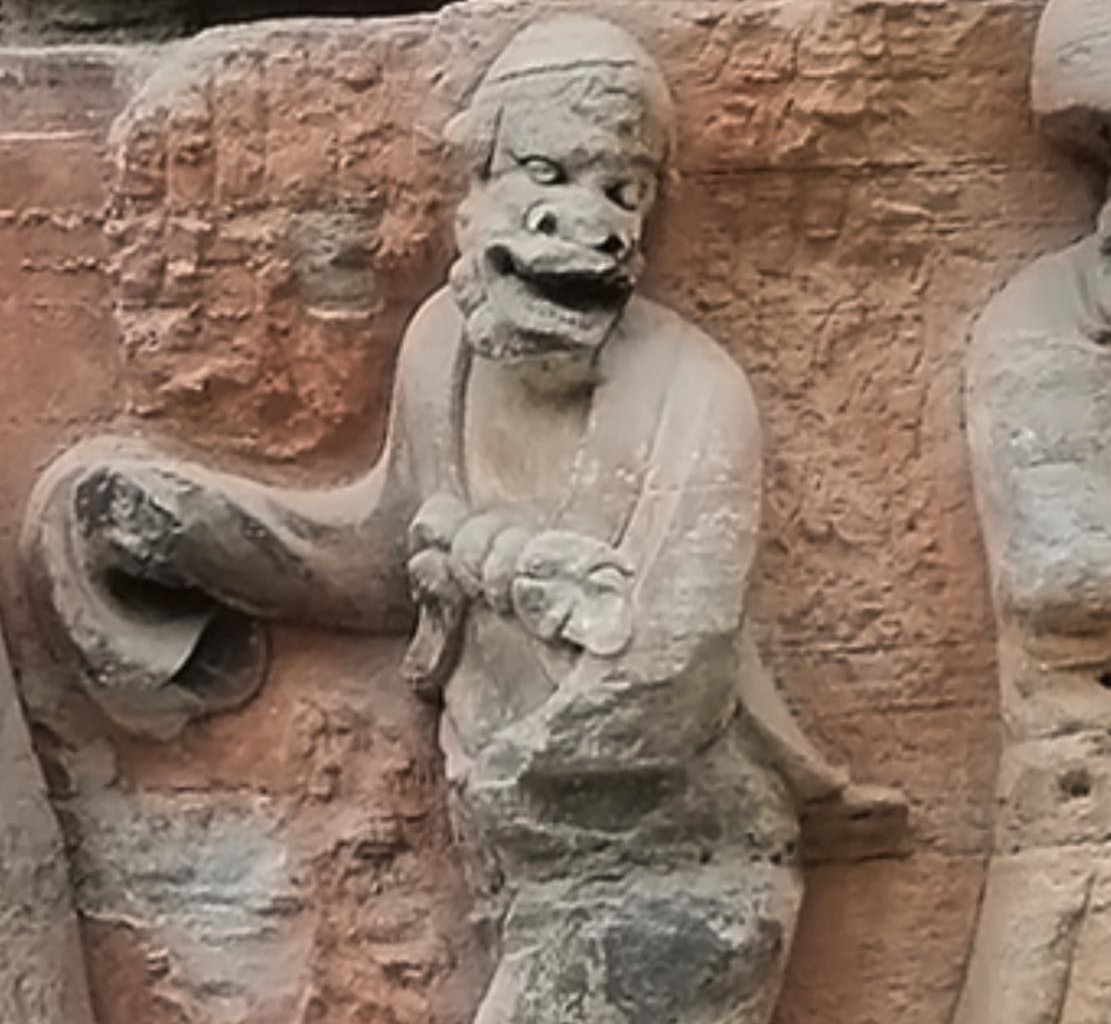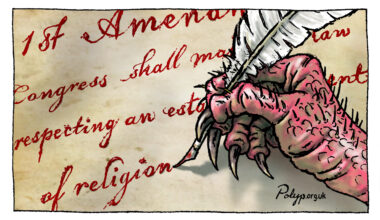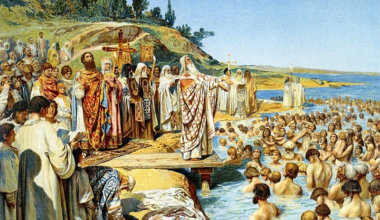
With Narendra Modi’s Hindu nationalist party facing a setback in the polls, now is a good moment to consider other, nobler Indian traditions. This is what Kunwar Khuldune Shahid recently did in this magazine, discussing various strands of Indic religion and philosophy going back millennia. One such strand is Carvaka, one of the oldest atheist/materialist philosophical schools in history. Shahid describes it thus:
‘Carvaka, however, corresponds most closely to modern-day atheism. It takes no prisoners in denying the supernatural. The seventh-century Indic Buddhist philosopher Dharmakirti described the views of Carvaka thus: ‘Believing that the Veda are standard (holy or divine), believing in a Creator for the world, Bathing in holy waters for gaining punya, having pride (vanity) about one’s caste, Performing penance to absolve sins, Are the five symptoms of having lost one’s sanity.’ The adherents of Carvaka endorsed materialism, viewing pratyaksha, or direct perception, as the sole means of attaining knowledge and calling the concept of the afterworld and ‘the realm of Shiva’ fabrications of ‘stupid imposters’. The Carvaka school of thought has been referenced in everything from epics like the Mahabharata to the Mughal codes of law to modern-day podcasts.’
Having examined the roots of Hindu nationalist ideology, Shahid concludes:
‘Perhaps it is through embracing the best ideals of Carvaka, forged by its millennia-old struggle against all forms of superstition and supremacism, that Indic freethought can truly be unshackled from religious groupthink and dogma and any interpretation of god can be rendered decisively irrelevant in matters of governance.’
Hence this image of the week, a portrayal from the Dazu Rock Carvings in China of the ancient Indian materialist Ajita Kesakambali (fl. 6th century BCE). Kesakambali’s ideas were a major source for the Carvaka school, and his writings are the earliest surviving Carvaka texts. The image is cropped from a photograph featuring five of the Six Heretical Teachers, rivals of the Buddha supposedly defeated by him in a miracle contest. More information on the story of the Six can be found here.
The story is meant, of course, to glorify the Buddha, but it demonstrates the pluralistic nature of ancient Indian philosophy, which even included avowed godlessness. Modi and the advocates of the Hindu Nation deliberately obscure this pluralism in the name of religious purity. They are traitors to India’s greatest and deepest traditions, from the secularism of Nehru to the diversity of ancient Indian philosophy. Their nationalism is built on lies. Or, in other words, it is nationalism.
Long live Carvaka!
Image cropped from a photograph by Gwydion M. Williams. CC BY 2.0.
Related reading
‘We need to move from identity politics to a politics of solidarity’ – interview with Pragna Patel, by Emma Park
The resurgence of enlightenment in southern India: interview with Bhavan Rajagopalan, by Emma Park
‘Words are the only victors’ – Salman Rushdie’s ‘Victory City’, reviewed, by Daniel James Sharp
Campaign ‘to unite India and save its secular soul’, by Puja Bhattacharjee
Faith Watch, February 2024, by Daniel James Sharp
Faith Watch, March 2024, by Daniel James Sharp









Your email address will not be published. Comments are subject to our Community Guidelines. Required fields are marked *
Donate